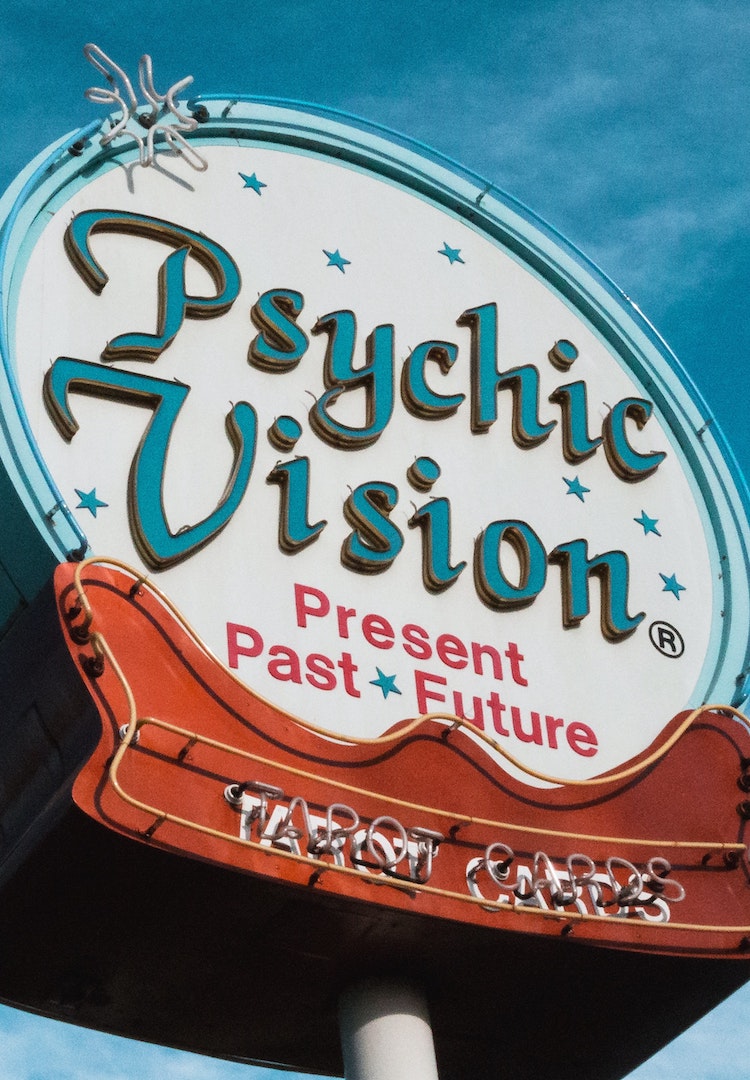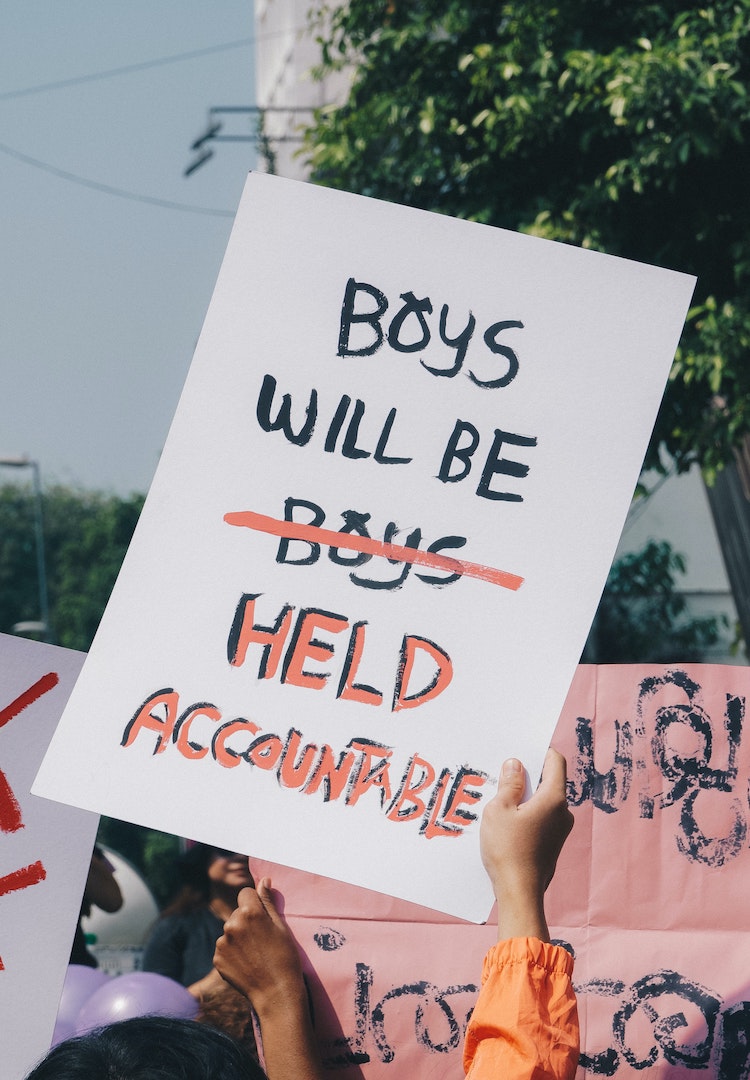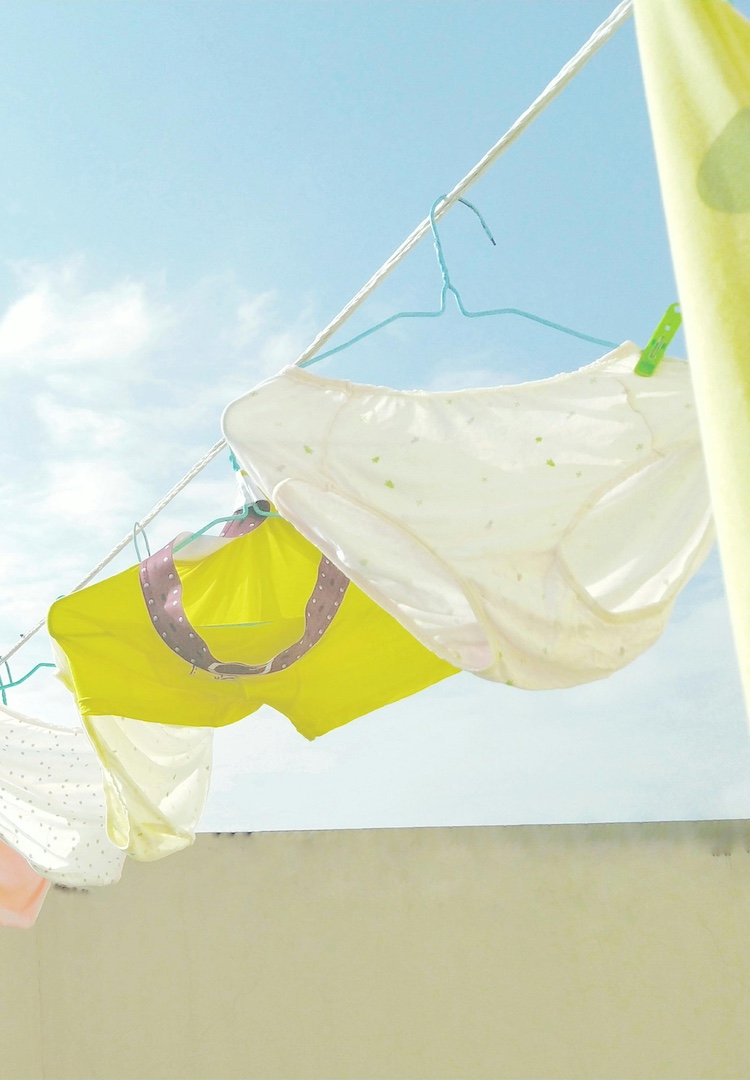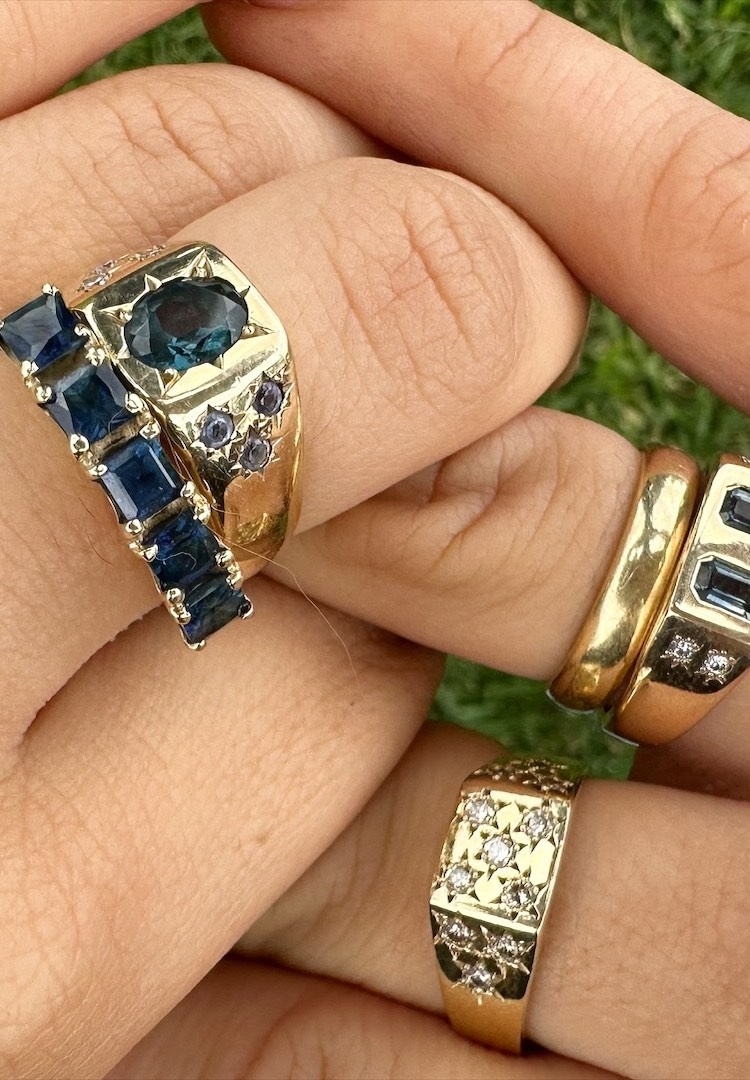You’ve attended the Women’s March, so now what?
PHOTOGRAPHY BY JORDAN DRYSDALE
WORDS BY EVANGELINE POLYMENEAS
We’ve marched for justice, now let’s get some.
Content warning: Sexual assault
Thousands of Australians gathered on Monday to March 4 Justice, a campaign prompted by the recent news of the alleged rape of former Liberal staffer Brittany Higgins among other recent events of violence against women.
As I read the headlines, I couldn’t help but feel a sense of déjà vu. It seems only recently we were marching for the #MeToo movement after news broke of Hollywood producer Harvey Weinstein’s assaults on numerous women. It seems only recently we were watching the 75th Golden Globes and seeing women wear black in solidarity with #TimesUp. It seems only recently we were ‘asking for Angela’ in hoards, in nightclubs whenever we felt threatened.
If you have experienced sexual assault or know someone who has, a list of key support services in your state can be found here.
In light of all these recent (and repeated) movements, why have we not seen a change? Why are we still hearing stories like Brittany’s?
Criminology dictates the perception of a particular crime is a large contributor to whether individuals commit the crime in the first place. In other words, if you don’t think what you are doing is wrong, you are more likely to do it.
I think most would unwaveringly agree that sexual assault is wrong. But as we know, the behaviours that lead up to sexual assaults are often left unchallenged, and seem to appear in all facets of our lives: at family functions, at work, with friends. Like when a male friend continues to ask “pretty please” for your number, when you’ve already said no. Or when a colleague glances down your shirt after you decided to fasten one less button that morning. These stories seem so familiar, they’re barely worth noting. But as recent events have shown us, we must all continue to fight to ensure nobody can ever justify or defend these actions. As FJ contributor Sunny Chisholm recently wrote, “It’s not women versus men, it’s everyone versus rapists.”
Attending March 4 Justice is a great first step. It shows policymakers and politicians that we are serious about this issue, and demand structural and systemic change. So, now what?
Holding people and places accountable
Start by taking accountability for yourself and your reactions. I’m the first person to put my hand up and say I’ve laughed at sexist jokes because I didn’t want to offend the person making them. At first, it can feel uncomfortable responding to these ‘jokes’ in a critical way, so practise doing do. Get comfortable saying phrases like, “I don’t really get that joke, can you explain it?” or “Yeah, sorry, don’t find that one too funny”.
Next, call out your problematic friends. Whether it’s because they don’t respect your personal boundaries or maybe they don’t show respect to others, start letting them know that you see their behaviour. If you ever see a friend with someone who looks a little bit uncomfortable at a party, or maybe your friends are talking about someone in a way that makes you feel a bit uneasy, there is nothing wrong with saying: “hey guys, I am not too sure about this.”
To borrow the words of Mean Girls hero Sharon Norbury, this includes girl-on-girl crime. I don’t want to hear anymore slut-shaming in 2021. Using the ‘S’ word in a derogatory way is not on. It doesn’t matter if Becky is cutting your lunch, maybe your Brian is serving her, okay?
Finally, take steps to hold your workplace more accountable. Navigating this issue in the workplace is really important and can be quite daunting, especially if you are a junior. By asking your managers if they have processes in place that support women targeted, or safe spaces to reach out for help, it can show them you take this issue seriously and expect them too as well.
Fostering a ‘yes means yes’ mentality, rather than a ‘no means no’ one
The ancient anti-rape slogan of ‘no means no’ is dangerously insufficient. We have heard of too many instances where the accused argues they were unaware the victim was not consenting because “they didn’t say no”. This is extremely problematic, especially in states like Queensland, whose legislation includes a ‘mistake of fact’ clause. Though slowly (hopefully) in the process of changing, this law currently has the capacity to excuse perpetrators if they just ‘made a mistake’ as to whether or not their victim was consenting.
Human interaction is very complex. Using a slogan like ‘no means no’ disregards silence, screams or tears as indicators of non-consent. Replacing the slogan with ‘yes means yes’ creates clearer boundaries. If I say yes, I am consenting and if I do not say yes, I am not consenting.
Make consent sexy
Why not spice up the bedroom and make consent a part of foreplay with your partner? Use it as a way of checking in and making sure your partner is enjoying and consenting to each part of the experience. This can be really fun and actually quite exciting. You might find that you and your partner will be more likely to experiment and try new things once this conversation is opened up. Here, the Huffington Post has even put together a list of 35 sexy ways to ask for consent.
Letter writing
Okay wait, before you roll your eyes, I know that young people are disenchanted with the political system and politicians alike. I understand. It wasn’t even a week ago that Scott Morrison told us to be grateful that we weren’t being shot at for protesting. But some politicians actually are really trying, so find one whose policies resonate with you and let them know that you support them, and that they have your vote.
Quick tip: if you send a letter to members of the opposition, they’re more likely to reply and speak with you!
Continue to educate yourself and advocate for change
Australia should not accept that one in three women and one in 10 men are victims of sexual assault in their lifetime. So attend marches, sign petitions (such as this one for consent education in schools) post on social media, contact members for Parliament, support charities, educate those around you and stay true to your beliefs. Jess Hill’s See What You Made Me Do is a brilliantly researched look at the complexities of domestic abuse (of which the overwhelming majority of victims are women) and how we can best prevent it. Bri Lee’s memoir Eggshell Skull follows her journey of sexual assault on opposite sides of the judicial system, illustrating just how broken our structures are and the lasting impacts of sexual violence. If you prefer to look and listen, Jameela Jamil’s given a brilliant Ted Talk titled Tell Him, an Essay on Masculinity or there’s Joyce Short’s When yes means no: the truth about consent. The About Consent Podcast is also an illuminating listen, touching on many different corners of consent and violence against women.
You’ve marched for justice, now, let’s demand it.
To read more about the March 4 Justice campaign, head here.













